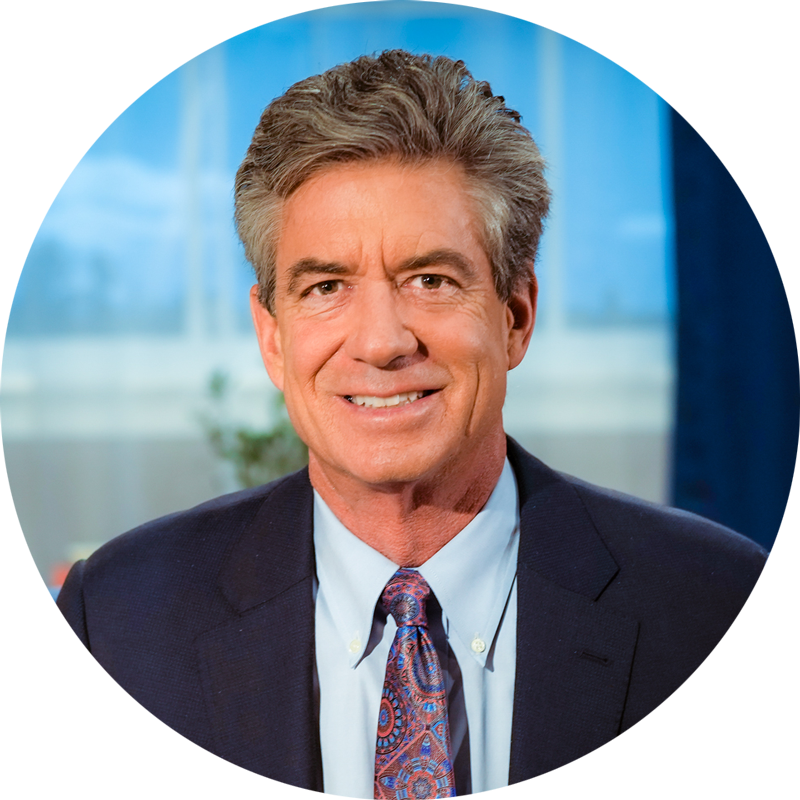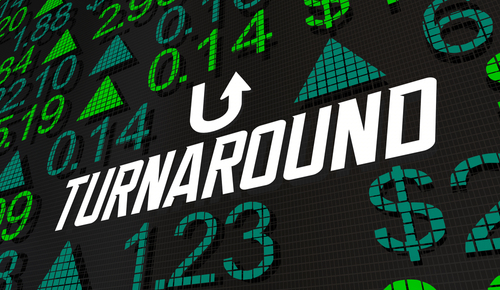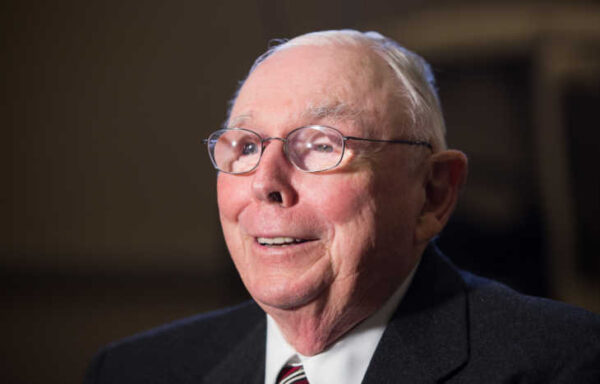Meet the World’s Worst Economist
Imagine a prominent economist who:
- Predicted in Time magazine’s 100th anniversary edition in 1998 that, “The growth of the Internet will slow drastically… By 2005 or so, it will become clear that the Internet’s impact on the economy has been no greater than the fax machine’s.”
- Told Fed Chairman Alan Greenspan “to create a housing bubble to replace the Nasdaq bubble.”
- Praised the European economic model just weeks before the eurozone crisis began.
- Argued before Argentina’s recent default that the country’s economy was a “remarkable success story.”
- Called the U.S. “just a bystander” in global energy only months before America surpassed Russia to become the world’s biggest oil and gas producer.
- Wrote in Rolling Stone magazine last week that Barack Obama is “one of the most consequential and, yes, successful presidents in American history.”
This is just a small sampling, yet the man who said and wrote these words is Paul Krugman, professor of economics at Princeton, an op-ed columnist for The New York Times and a winner of the Nobel Prize in Economics.
(When you recall that the Nobel committee also gave its peace prize to Yasser Arafat, a man who spent much of his life committing acts of terror, you may find this less puzzling.)
Is the list above selective and prejudiced? Perhaps.
But Paul Krugman has written more than a dozen books over the last 20 years and, with the luxury of hindsight, all the erroneous predictions, needless warnings and boneheaded policy proscriptions are there for anyone with too much time on his hands to see.
Of course, making economic prognostications is a treacherous business.
A Tough Business
The world is a messy, complicated place. The economy is affected by politics, legislation, war, disease, inflation, interest rates, energy prices, currency fluctuations, cultural changes, scientific advances and technological innovation, not to mention hope, fear and greed.
That can make the economic forecasting profession seem about as credible as Miss Cleo at The Psychic Network.
Most investors recognize this. And the financial press surely understands.
Writing in The Wall Street Journal, reporter Jesse Eisinger said, “Pity the poor Wall Street economist. Big staffs, sophisticated models, reams of historical data, degrees from schools known by merely the name of the biggest benefactor, and still they forecast about as well as groundhogs.”
(Punxsutawney Phil may actually have an edge on most of them.)
Surely, Paul Krugman knows that economics is an inexact social science and that predicting a $17.1 trillion national economy – let alone a $77.6 trillion global economy – is a mug’s game, one that shouldn’t be taken too seriously.
Yet Krugman is nothing if not serious. His columns, brimming with disdain for those who might disagree, often read as if he believes he’s the national version of “the smartest kid in the class.” But the other kids aren’t buying it.
Critics Abound
Daniel Okrent, a former New York Times ombudsman, writes that Krugman has “the disturbing habit of shaping, slicing, and selectively citing numbers in a fashion that pleases his acolytes but leaves him open to substantive assaults.”
When the inevitable blowback arrives, Krugman is ready.
In his blog, he has referred to his intellectual adversaries – many of whom hold honors as great or greater than his own – as a “mendacious idiot,” “knave,” “poseur,” “whiner,” “troll,” “dope,” “fool” or “cockroach.”
Every serious investor knows that economic growth, interest rates, inflation, and the stock market itself cannot be consistently and accurately forecasted.
Yet Krugman puts his economic theories and policy advice forward without even feigning humility. Pulitzer Prize-winning columnist George Will – who sparred regularly with Krugman on ABC’s This Week – once noted, “If certainty were oil, Paul would be Saudi Arabia.”
Krugman, of course, is a highly educated guy with a trophy room full of awards. But in his blog he talks down to those who challenge his views, insisting they are not just in error but “too knavish, stupid or sociopathic to understand.”
You might see a disturbing trend here…
After the death of fellow Nobel Laureate Milton Friedman, Krugman wrote a column labeling him “an unperson.” When economists Arthur Laffer and Stephen Moore advised state governors around the country to cut taxes to boost economic growth and jobs, he called them “charlatans and cranks.”
Last year Niall Ferguson, a Harvard professor and Stanford University’s Hoover Institution fellow, decided he’d had enough. In a three-part series published in The Huffington Post, he called Krugman out for dozens of meticulously documented errors, omissions and misstatements of fact, exposing him not just as a propagandist… but as a bully.
Ferguson concluded, “By applying the methods of the historian – by quoting and contextualizing his own published words – I believe I have now made him what he richly deserves to be: a figure of fun, whose predictions (and proscriptions) no one should ever again take seriously.”
Strong words. But, then, Paul Krugman elicits strong opinions.
In my experience, people don’t just disagree with his economic and political views.
They also think he’s a jerk.
About Alexander Green
Alexander Green is the Chief Investment Strategist of The Oxford Club, the world’s largest financial fellowship. For 16 years, Alex worked as an investment advisor, research analyst and portfolio manager on Wall Street. After developing his extensive knowledge and achieving financial independence, he retired at the age of 43.
Since then, he has been living “the second half of his life.” He runs The Oxford Communiqué, one of the most highly regarded publications in the industry. He also operates three fast-paced trading services: The Momentum Alert, The Insider Alert and Oxford Microcap Trader. In addition, he writes for Liberty Through Wealth, a free daily e-letter focused on financial freedom.
Alex is also the author of four New York Times bestselling books: The Gone Fishin’ Portfolio: Get Wise, Get Wealthy… and Get On With Your Life; The Secret of Shelter Island: Money and What Matters; Beyond Wealth: The Road Map to a Rich Life; and An Embarrassment of Riches: Tapping Into the World’s Greatest Legacy of Wealth.






